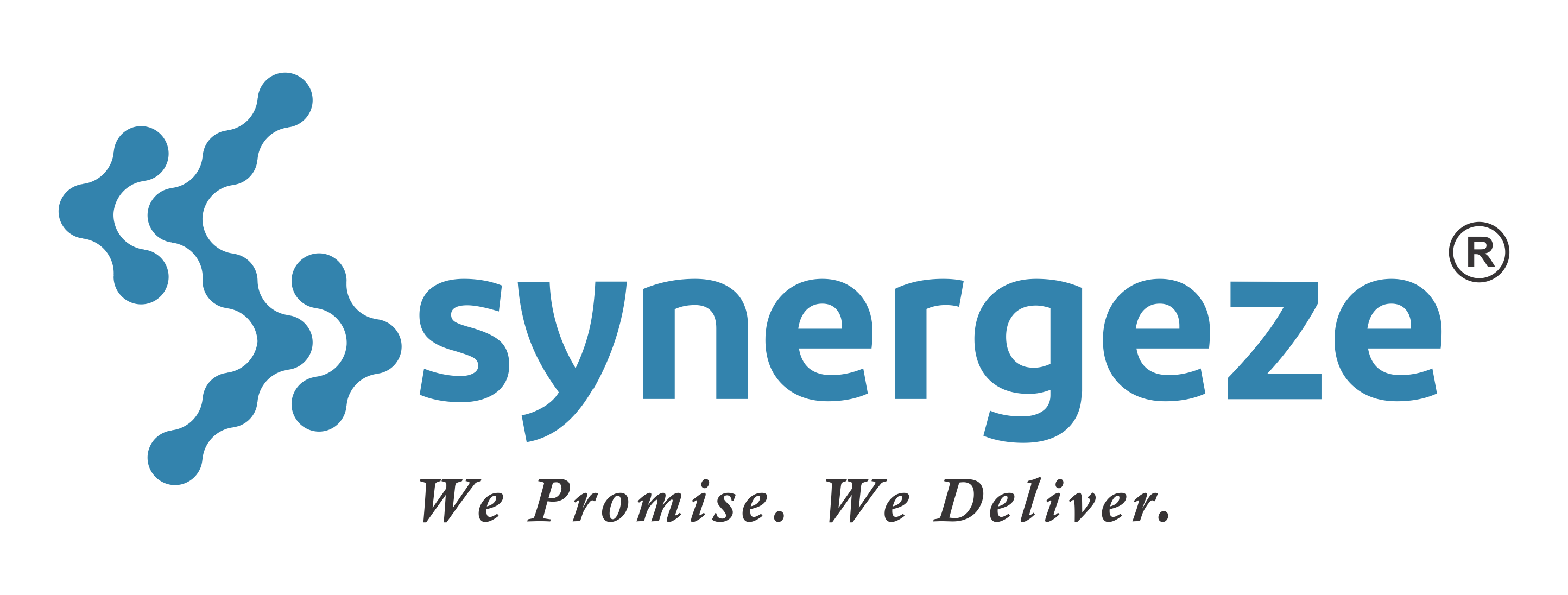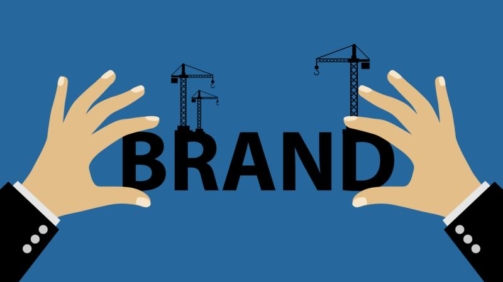𝑰𝒏𝒗𝒆𝒏𝒕𝒐𝒓𝒚 – 𝑩𝒍𝒐𝒐𝒅 𝒐𝒇 𝑶𝒓𝒈𝒂𝒏𝒊𝒔𝒂𝒕𝒊𝒐𝒏
Let’s continue where we left last week
𝑰𝒏𝒗𝒆𝒏𝒕𝒐𝒓𝒚 𝑴𝒂𝒏𝒂𝒈𝒆𝒎𝒆𝒏𝒕 𝒗𝒔. 𝑺𝒖𝒑𝒑𝒍𝒚 𝑪𝒉𝒂𝒊𝒏 𝑴𝒂𝒏𝒂𝒈𝒆𝒎𝒆𝒏𝒕 – Supply chain management is a process of managing supply relationships outside a company and the flow of stock into and through a company. Inventory management may focus on trends and orders for the company or a part of the company.
Inventory management is essential for a properly running supply chain. Inventory management follows the flow of goods to, through and out of the warehouse. The supply chain includes demand planning, procurement, production, quality, fulfillment, warehousing and customer service—all of which require inventory visibility.
𝑰𝒏𝒗𝒆𝒏𝒕𝒐𝒓𝒚 𝑴𝒂𝒏𝒂𝒈𝒆𝒎𝒆𝒏𝒕 𝒗𝒔. 𝑾𝒂𝒓𝒆𝒉𝒐𝒖𝒔𝒆 𝑴𝒂𝒏𝒂𝒈𝒆𝒎𝒆𝒏𝒕 – Warehouse management complements inventory management. Warehouse management organizes stock in a warehouse. Inventory management manages stock and trends for many warehouses or an entire company.
The key to streamlining warehouse operations is a thoughtfully laid out and meticulously organized facility. When each product has a specific place in the warehouse, it prevents staff from moving about inefficiently and maximizes labor efficiency. But these processes are only as good as the inventory records that drive them.
𝑰𝒏𝒗𝒆𝒏𝒕𝒐𝒓𝒚 𝑴𝒂𝒏𝒂𝒈𝒆𝒎𝒆𝒏𝒕 𝒗𝒔. 𝑳𝒐𝒈𝒊𝒔𝒕𝒊𝒄𝒔 – Logistics is the practice of controlling processes in a warehouse and in the replenishment and delivery systems. Inventory management maintains stock levels and manages stock location.
Inventory management is a crucial part of how companies manipulate their logistics. The relationship between inventory management and logistics is interdependent. Logistics need inventory management to perform their activities. Good logistics systems improve warehouse and operational activities.
𝑰𝒏𝒗𝒆𝒏𝒕𝒐𝒓𝒚 𝑴𝒂𝒏𝒂𝒈𝒆𝒎𝒆𝒏𝒕 𝒗𝒔. 𝑬𝑹𝑷 – An enterprise resource planning (ERP) system is software that manages business activities such as accounting, purchasing, compliance and supply chain operations. By contrast, inventory management is a part of a modern ERP system, providing insight into stock levels, inventory en route and the status of current inventory—this makes it visible across the organization in real time.
Inventory management helps to properly plan a company’s replenishment orders. ERP systems give companies accurate inventory data, so they have the most current information for their inventory management plan. ERP systems optimize the data so inventory management is successful.
So all this and much more is an integral part of our offerings to our clients when we say we provide end-to-end supply chain management execution based consulting.
Remember name is Synergeze Consultants Private Limited and our USP is we are extended arm managing & resolving your issues of supply chain.
#gccoach #inventory #synergeze




